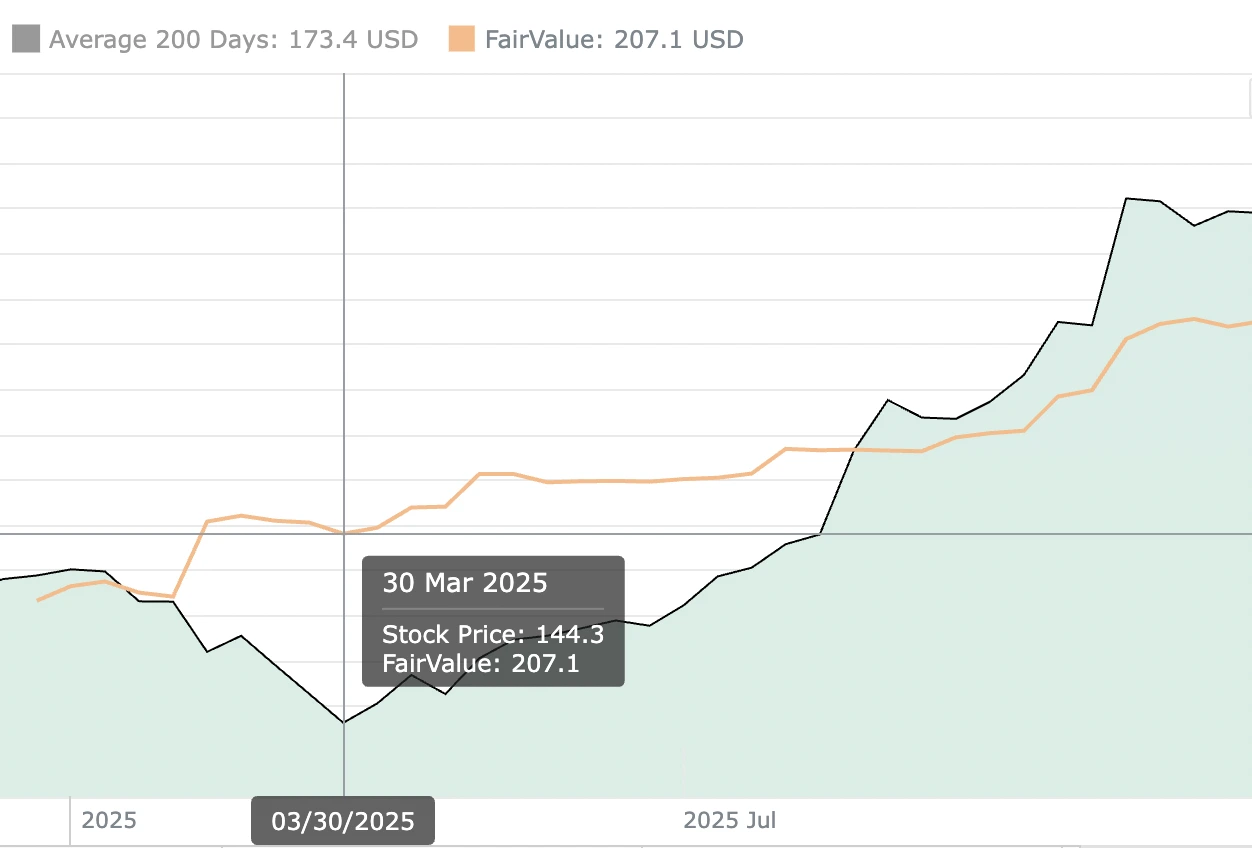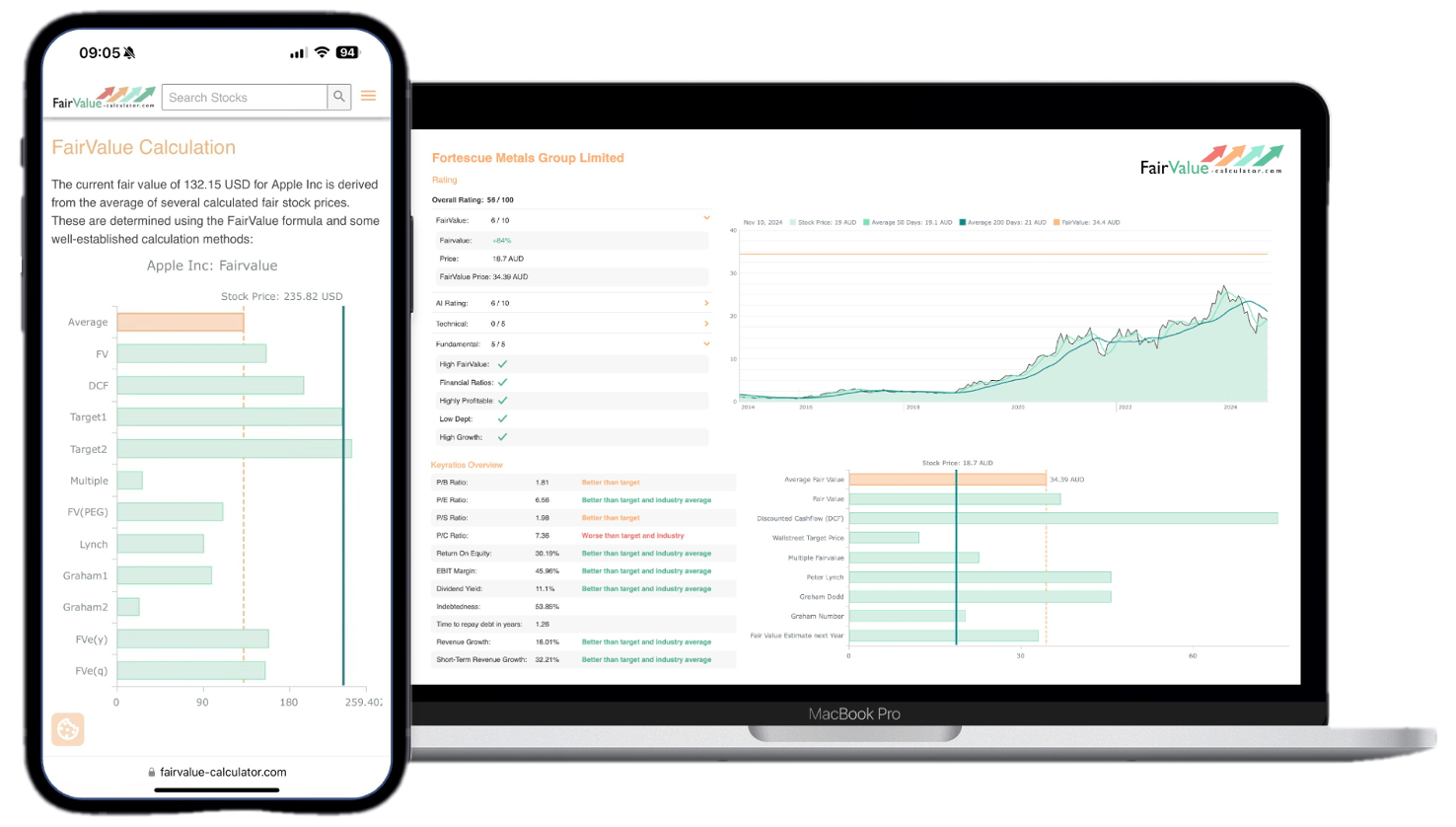When it comes to financial growth, the age-old debate on whether stocks or real estate make a better investment is as fervent as ever. Each option has its unique allure and risks that make them both appealing and daunting to different types of investors. Picture this: You’re at a crossroads with your savings, pondering which path will lead to greater prosperity. On one hand, the stock market offers the thrill of quick returns and an ever-changing landscape. On the other, real estate presents the stability of tangible assets and the potential for steady cash flow through rental income. Understanding their intricacies is crucial before making a decision that could significantly impact your financial future.
In today’s volatile economic environment, many investors find themselves grappling with the question: “Is investing in stocks or real estate better?” What if we told you that neither is a one-size-fits-all solution? While stocks provide liquidity and the exciting potential for high growth, they also come with the risk of market fluctuations. Real estate might promise long-term appreciation and tax benefits, yet it requires significant initial capital and ongoing management responsibilities. By weighing the chances and risks associated with each, this blog post aims to guide you in navigating these investment avenues, helping you make a well-informed decision tailored to your financial goals.
Comparative Analysis of Stocks and Real Estate
When investors ask whether stocks or real estate offer a better return, they’re essentially comparing two very different financial vehicles. Stocks represent fractional ownership in publicly traded companies, while real estate involves the acquisition of physical property, residential, commercial, or land. The historical volatility, liquidity, and risk profiles of these assets vary drastically, so understanding their core attributes is the first step toward a sound allocation strategy.
Stocks tend to reward market timing skills, research capabilities, and macroeconomic insights. They trade on major exchanges, allowing for relatively small minimum investments and the ability to rebalance at will. Real estate, by contrast, demands higher upfront capital, takes longer to buy or sell, and carries landlord responsibilities if used for rental income. Each asset class carries its own tax rules, maintenance costs, and labor intensity. Ultimately, deciding between the two, or crafting a hybrid portfolio, depends on your risk tolerance, time horizon, and desired involvement level in asset management.
Explore our most popular stock fair value calculators to find opportunities where the market price is lower than the true value.
- Peter Lynch Fair Value – Combines growth with valuation using the PEG ratio. A favorite among growth investors.
- Buffett Intrinsic Value Calculator – Based on Warren Buffett’s long-term DCF approach to determine business value.
- Buffett Fair Value Model – Simplified version of his logic with margin of safety baked in.
- Graham & Dodd Fair Value – Uses conservative earnings-based valuation from classic value investing theory.
- Intrinsic vs. Extrinsic Value – Learn the core difference between what a company’s really worth and what others pay.
- Intrinsic Value Calculator – A general tool to estimate the true value of a stock, based on earnings potential.
- Fama-French Model – For advanced users: Quantifies expected return using size, value and market risk.
- Discount Rate Calculator – Helps estimate the proper rate to use in any DCF-based valuation model.
Historical Performance Trends: Stocks vs. Real Estate
Over the last century, U.S. stocks have produced an average annual return of around 10%, factoring in both price appreciation and dividends. Real estate, measured through broad indices like the Case–Shiller Home Price Index, has trended closer to 3–5% real annual growth, plus potential rental yields. That means equities outpace property in pure appreciation, but property investors often argue that steady rental cash flow narrows the total-return gap.
It’s also important to recognize cyclical patterns. Stocks typically react swiftly to economic data, corporate earnings, and geopolitical events, resulting in pronounced bull and bear markets. Real estate cycles span years, sometimes decades, and hinge on interest rates, local supply-and-demand dynamics, and zoning regulations. While stocks can slump 30–50% in a bear phase within months, real estate tends to soften more gradually yet can stay depressed if oversupply or foreclosure waves emerge, as seen in the 2008 crisis.
💡 Discover Powerful Investing Tools
Stop guessing – start investing with confidence. Our Fair Value Stock Calculators help you uncover hidden value in stocks using time-tested methods like Discounted Cash Flow (DCF), Benjamin Graham’s valuation principles, Peter Lynch’s PEG ratio, and our own AI-powered Super Fair Value formula. Designed for clarity, speed, and precision, these tools turn complex valuation models into simple, actionable insights – even for beginners.
Learn More About the Tools →Liquidity and Accessibility: Stocks vs. Real Estate
One of the most notable distinctions between stocks and real estate is liquidity. Shares of corporations are traded daily on exchanges, meaning you can buy or sell a position within seconds during market hours. Investors also benefit from fractional share platforms, making entry possible with as little as $1. Real estate, however, involves lengthy due-diligence processes, financing approvals, inspections, and closings. You cannot instantly offload a commercial building or residential home, and transaction costs—including agent commissions, closing fees, and transfer taxes—further impede quick exits.
In terms of accessibility, the barrier for stock investing is low: a brokerage account and minimal capital are enough to get started. Real estate typically requires a down payment of 10–25% of the property value and strong credit to secure a mortgage. While crowdfunding platforms and REITs (Real Estate Investment Trusts) open doors for smaller investors, direct property ownership remains capital-intensive and carries added responsibilities, from property management to emergency maintenance.
Risk Factors in Stock Market Investments
Investing in stocks exposes you to market risk, which includes economic recessions, sector downturns, and corporate mismanagement. Price swings can be abrupt—driven by earnings surprises, interest-rate changes, or geopolitical upheavals. Additionally, individual stock picks carry company-specific risks such as competitive pressures, regulatory shifts, and leadership failures. Even diversified mutual funds or ETFs are not immune to systemic shocks that hit entire markets.
Volatility is often measured by beta, a metric that compares a stock’s historical movement relative to a benchmark. High-beta investments can outperform handsomely in bullish conditions but also magnify losses in downturns. Investors must also contend with behavioral pitfalls: panic selling during dips, overconfidence in bull markets, and emotional biases like herd mentality. Effective risk management in equities hinges on diversification, regular portfolio rebalancing, and a clear understanding of one’s own time horizon and loss tolerance.
Risk Factors in Real Estate Investments
Real estate risk comprises property-specific, market, and leverage dimensions. Individual risks include structural defects, tenant vacancies, rent defaults, and unexpected repair costs. Market risks involve cyclical price shifts due to oversupply, local economic slowdowns, or rising interest rates that dampen buyer demand. Leverage, the use of mortgages, amplifies returns but also multiplies losses if property values slide or cash flow dries up.
Unlike stocks, where a diversified portfolio spreads exposure across many companies and sectors, real estate diversification often requires significant capital to purchase properties in different locations or asset classes. Additionally, real estate is illiquid: you can’t sell a portion of a building. Tax liens, zoning changes, and natural disasters add a further layer of unpredictability. Mitigating these risks demands thorough due diligence, conservative financing structures, and contingency reserves for vacancies or emergency repairs.
Tax Implications of Stock Market Investments
Gains from stocks are generally taxed as either short-term (held less than one year) or long-term (held longer than one year) capital gains in many jurisdictions. Short-term gains often mirror ordinary income tax rates, while long-term gains benefit from reduced rates. Dividends may also receive preferential tax treatment if classified as “qualified” under specific criteria. Loss harvesting—selling losers to offset gains—can further optimize after-tax returns.
Transaction costs in stock trading are minimal or nonexistent with many commission-free brokers, but frequent trading can trigger higher short-term tax liabilities. Margin interest and fees are generally not tax-deductible unless tied to investment purposes and subject to specific thresholds. Overall, the tax drag on well-held, buy-and-hold equity portfolios tends to be limited, making stocks an efficient vehicle for tax-smart investors.

Tax Implications of Real Estate Investments
Real estate investing offers a rich tapestry of tax benefits. Mortgage interest and property tax deductions reduce taxable income for leveraged properties. Depreciation, a non-cash expense, allows investors to offset rental income against an annual deduction spanning the property’s useful life (typically 27.5 years for residential real estate in the U.S.). Capital gains on property sales can be deferred via 1031 exchanges, enabling tax-deferred rollovers into replacement properties.
However, many benefits phase out or require qualification. Passive activity loss rules limit deduction of rental losses against active income unless you meet the “real estate professional” designation. Upon sale, depreciation recapture is taxed at higher ordinary rates, potentially upping your tax bill. Investors must carefully track basis adjustments, closing costs, and rental expense records to maximize these advantages while staying compliant with tax codes.
Diversification Strategies: Combining Stocks and Real Estate
Rather than choosing exclusively between stocks or real estate better investment avenues, many advisors recommend blending the two to smooth out portfolio volatility. A diversified mix, such as 60% equities and 40% real estate, can hedge against dramatic swings. Stocks deliver liquidity and growth potential, while real estate provides income stability and inflation protection via rent escalations.
Real-estate exposure can come through direct ownership, REITs, or real estate mutual funds, depending on your capital and involvement preferences. Pairing these with diversified equity ETFs spanning large-cap, mid-cap, and international markets creates multi-layered risk buffering. Dynamic rebalancing, selling outperformers and buying laggards, locks in gains and ensures you maintain your target risk profile over economic cycles.
Making an Informed Decision: Your Financial Goals and Investment Timeline
Your choice between stocks or real estate better investment depends largely on your individual circumstances. If you seek hands-off growth, have limited capital, and value liquidity, stocks may suit your profile. If you want tangible assets, can commit to property management, and crave stable cash flow, real estate might be more appealing. Your time horizon plays a major role: equities typically reward patience over decades, while real estate cycles last years or decades and require active oversight.
Risk tolerance is equally crucial. Can you stomach a 50% stock-market drawdown? Are you prepared for vacant units, repair calls at midnight, or sudden property-tax hikes? A balanced approach, allocating to both markets, often delivers smoother returns and peace of mind. Before deciding, outline your goals: retirement funding, passive income, capital appreciation, or tax savings. Then map those objectives to the strengths and weaknesses of each asset class, so you can proceed with confidence rather than guesswork.
Conclusion: The Verdict – Which Investment Option Suits You Best?
Consider weighing chances and risks involved when choosing between stocks and real estate investments. Factors to assess include preference for tangible assets, ability to manage properties, and need for stable cash flow. Additionally, evaluate time horizon, risk tolerance, and financial goals to align with the most suitable investment option. Equities generally reward long-term patience, while real estate cycles may require ongoing supervision for years or decades. It is important to understand your time horizon to select an investment that matches your desired duration and potential returns.
Your risk tolerance is vital in deciding between stocks and real estate. Consider whether you can handle significant stock market fluctuations or manage challenges like vacant units, maintenance issues, or unexpected costs related to real estate investments. A balanced approach that combines stocks and real estate investments can provide smoother returns and greater peace of mind. Diversifying across asset classes can help mitigate risks and optimize growth opportunities in various market conditions. To determine the best investment option for your financial goals, outline objectives such as retirement funding, passive income, capital appreciation, or tax savings. Assess how stocks and real estate align with your goals, strengths, and weaknesses in each asset class to make an informed decision that suits your needs and preferences.
FAQ
What factors should I consider when choosing between stocks and real estate investments? When deciding between stocks and real estate, consider your preference for tangible assets, ability to manage properties, and need for stable cash flow. Also, evaluate your time horizon, risk tolerance, and financial goals to determine which investment aligns best with your objectives.
How does the time horizon impact the choice between stocks and real estate? Equities typically reward long-term patience, while real estate cycles may require active oversight over years or decades. Understanding your time horizon can help you choose an investment that matches your desired investment duration and potential returns.
What role does risk tolerance play in deciding between stocks and real estate? Your risk tolerance is crucial when choosing between stocks and real estate. Consider whether you can withstand significant stock-market fluctuations or manage challenges like vacant units, maintenance issues, or unexpected costs associated with real estate investments.
Are there benefits to a balanced approach of investing in both stocks and real estate? Yes, a balanced approach that includes both stocks and real estate investments can offer smoother returns and greater peace of mind. Diversifying your portfolio across asset classes can help mitigate risks and maximize opportunities for growth in varying market conditions.
How can I determine which investment option suits me best? To determine the best investment option for your financial goals, outline your objectives such as retirement funding, passive income, capital appreciation, or tax savings. Then, assess how stocks and real estate align with your goals, strengths, and weaknesses in each asset class to make an informed decision that suits your needs and preferences.






